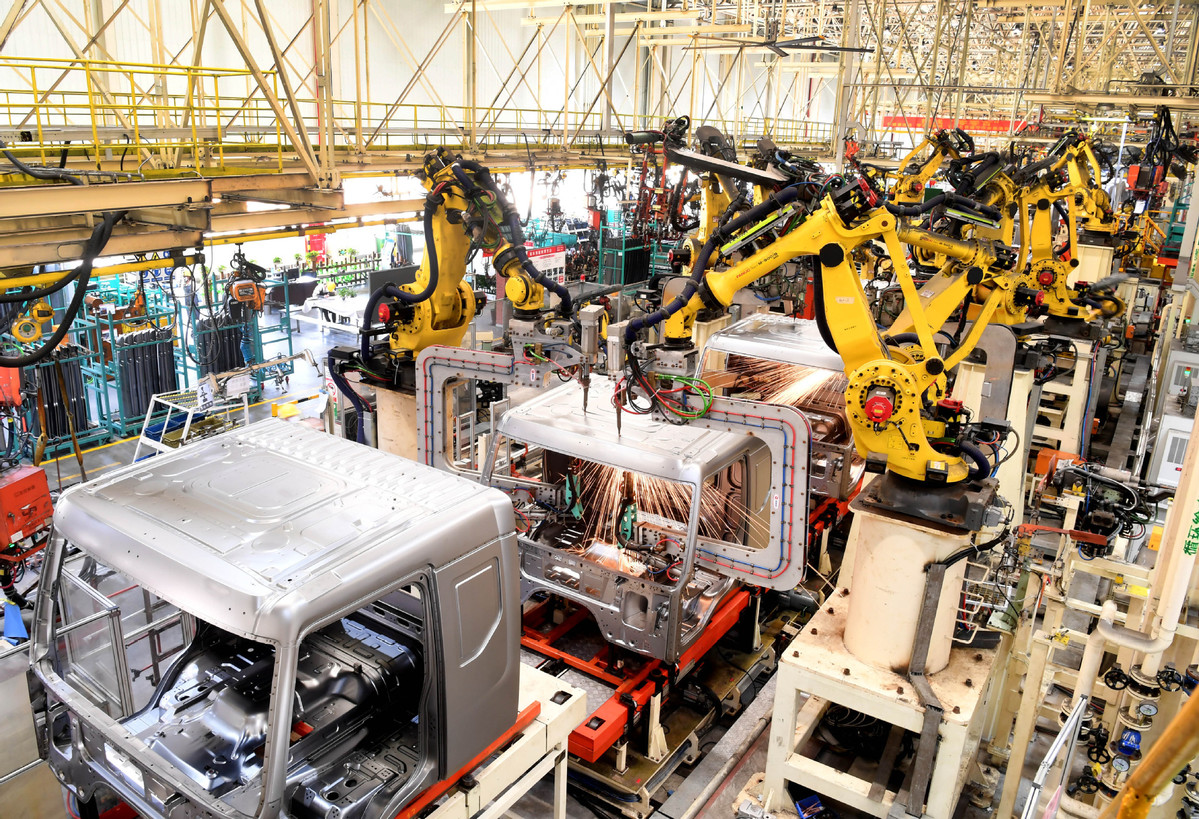Key question asked over financial firepower


Zhu Tian, professor of economics at the China Europe International Business School in Shanghai, said this transmission mechanism has the potential to get the economy moving again.
"Unlike in other countries, the main commercial banks (in China) are State-owned. Money can be released to them and it goes to businesses who need the cash. This is a major difference to what happens in other financial systems," he said.
Louis Kuijs, Asia head of the consultancy Oxford Economics, based in Hong Kong and a former senior economist for the World Bank, said there is now a significant contrast in the interest rate positions between China and the rest of the world.
"China still has substantial policy space on the monetary front, given that interest rates are still sizable. Unfortunately, central banks in many Western countries have less policy space left in this regard, with their interest rates already on the floor," he said.
However, Michael Pettis, professor of finance at Peking University, sees things differently.
He said that as the PBOC manages the value of the Chinese currency, this places significant constraints on its ability to command domestic interest rates and money supply. Pettis suggested this is why it has so far left deposit rates unchanged.
"It simply has no room to act without introducing even more serious distortions into the domestic financial system," he said.
























